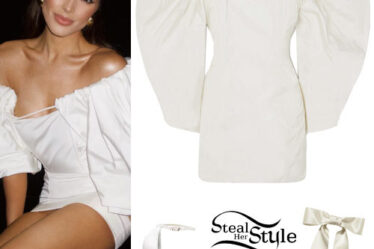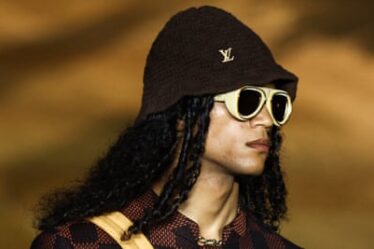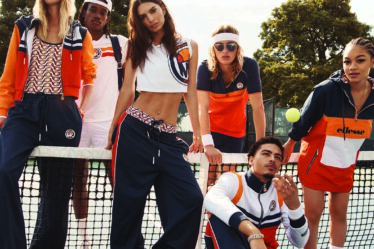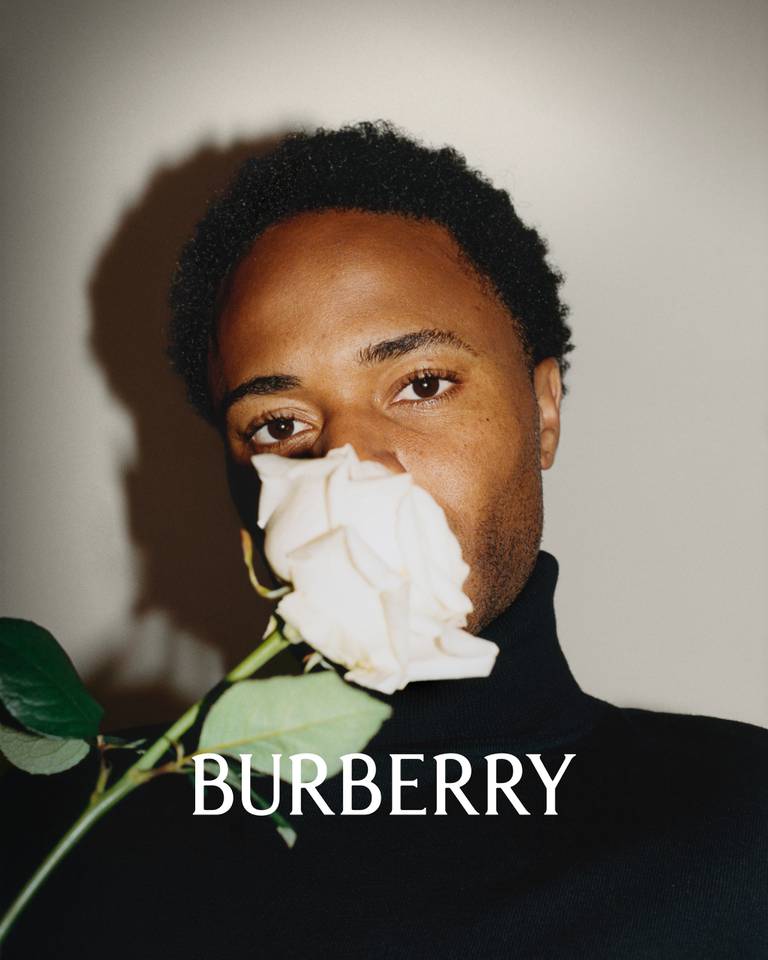
On Monday night, designer Daniel Lee is set to unveil his first collection for Burberry at a South London location, in what is sure to be the most closely watched event of this season’s London Fashion Week.
Much is riding on Lee’s debut: Back under the stewardship of two Brits — West Yorkshire-born Lee and new CEO Jonathan Akeroyd — change is afoot at Burberry, which is one of luxury’s last remaining independent brands as well as an anchor of Britain’s fashion ecosystem.
Leveraging Lee’s designs, Akeroyd has ambitions to grow Burberry into a megabrand with £5 billion ($6 billion) in annual sales, hitting the £4 billion mark within the next three to five years.
Read on for BoF’s cheat sheet on what you need to know ahead of Lee’s debut.
Akeroyd, who joined the company last March, is tasked with fuelling top-line growth at Burberry, after a years-long effort to reboot the brand and take it further upmarket made progress but failed to translate into a surging sales.
Akeroyd arrived at the company five years into a turnaround plan laid out by his predecessor Marco Gobbetti. A key pillar of Gobbetti’s strategy was tapping star designer Riccardo Tisci to usher in a new creative era, after the appeal of its preppy aesthetic under longtime designer Christopher Bailey waned.
Tisci spearheaded a more modern, streetwear-driven image at the house, which succeeded in attracting a younger, more international customer base. But his creative vision for the brand didn’t resonate broadly enough to substantially reinvigorate growth. As the luxury market boomed following the pandemic, Burberry sales remained lackluster in comparison to many French and Italian peers. Revenues at the house reached £2.8 billion for the year ending March 2022, just a 4 percent increase on pre-pandemic levels.
“A vital ingredient to brand elevation is a clearer, more original, and distinct brand narrative and identity,” Luca Solca wrote in a note to clients in 2021. “Burberry post-Bailey looks cooler, but appears to lack individual brand character.”
Now, Akeroyd is betting that Daniel Lee will bring a fresh energy to the label and reignite buzz.
During his stint as creative director of Kering-owned label Bottega Veneta, Lee succeeded in reinvigorating a heritage brand, fusing house codes with a modern sensibility that was both fashion-forward and commercial. Sales surged at the house during his tenure; the brand even grew throughout pandemic, despite the broader luxury market to contracting more than 20 percent in 2020.
Lee has a track-record designing hit leather goods, a space where Burberry remains underpenetrated. At Bottega Veneta, hot bags like his “Cassette” crossbody and “Jodie” croissant style were highly touchable, recognisable yet logo-free hits, while shoes like square-toed Lilo pumps were copied the world over.
Burberry is betting Lee’s knack for accessories will prove an asset, as mastering the category would reduce exposure to less-profitable ready-to-wear and fuel future growth. While the brand made progress bolstering its leather goods offering in recent years, with new styles like the Lola and the Olympia bag helping accessories drive about 37 percent of sales last year, it still trails sector leaders in the space. Meanwhile, its footwear business remains tiny; Akeroyd hopes to more than double it.
As the only British heritage megabrand, Burberry is uniquely positioned to leverage its national identity to stand out in a crowded market. Lee’s British perspective could be another strength. Hailing from West Yorkshire — where Burberry manufactures its famous heritage trench coats — it’s hoped the designer will be able to effectively propel this positioning forward in a natural and effective way.
With Lee, “it’s not just about the magic touch, if you like, but the understanding of what the brand DNA is,” Akeroyd told BoF last November. “When we say ‘dialling up on Britishness,’ it’s a completely different dial up from what it was…This will just feel much more relevant.”
Burberry is at a critical juncture for proving it can still thrive as an independent brand: Investors have been waiting for years for the company’s turnaround plans to bear fruit, and the pressure is on Akeroyd and Lee to deliver. Investors have already indicated high hopes for the duo, with Burberry shares rising over 40 percent over the past six months.
The company’s growth trajectory has lagged far behind sector leaders, with annual revenue in 2022 increasing just 2 percent on 2017, the year Gobbetti first outlined his strategy to reinvigorate the brand. Meanwhile, companies like LVMH, Hermès and Chanel have emerged from the pandemic even stronger, commanding more market share — and consumer attention — than ever before.
Burberry needs its new creative identity to land with consumers, not just to stem market share losses but to help the company weather a more challenging economic backdrop. The luxury industry’s growth is set to slow dramatically, from around 22 percent last year to between 3 and 8 percent in 2023, according to consultancy Bain & Co forecasts. The most desirable brands with a strong DNA and covetable products are the ones that will be best positioned to withstand economic turbulence.
Burberry’s products have become more expensive as the brand pushed upmarket in recent years, but the brand remains highly exposed to aspirational consumers. It’s hoped Lee can reinforce the brand’s appeal among higher-spending clients, leveraging his experiences at Bottega Veneta and Celine.
“Real luxury customers, they’re probably really only coming for trenches at the moment,” Akeroyd said. “There’s an opportunity to really build on that.”
A big win at Burberry would also help raise London Fashion Week’s profile and attract higher numbers of international press and buyers to the city’s event. That would provide a boost to a British fashion sector that’s been hampered by Brexit and overshadowed on the global stage by the continued rise of big French groups.
Simply put: modern ready-to-wear rooted in Burberry’s core British DNA.
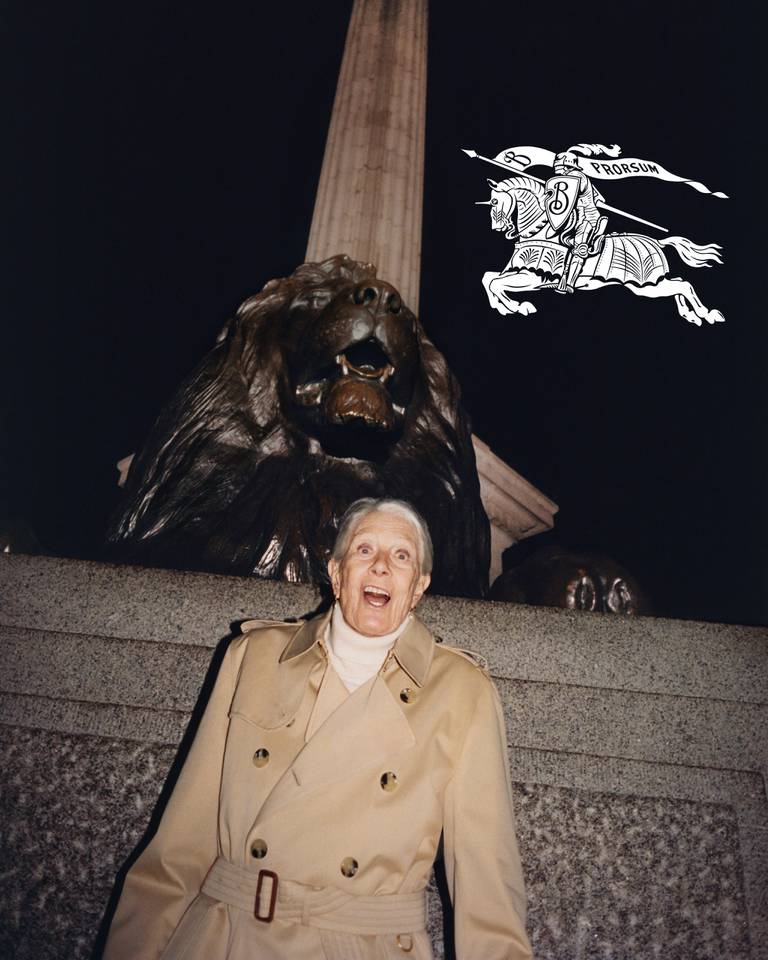
Two weeks ago, Lee unveiled his first campaign for Burberry. While he didn’t design the products featured — a mix of the house’s classic trench coats, plain roll-neck sweaters and pieces covered in Burberry’s signature check — the shoot gave onlookers a taste of the new Burberry being crafted. Lee appears to be renewing the house’s connection with modern Britain, leaning into the brand’s heritage and repurposing it for today’s consumer.
The brand revealed a new typeface, styling Burberry in slim, gently curved letters that contrasted starkly with the blocky, sans-serif logo rolled out under Gobbetti and Tisci. It also revived its historic equestrian knight logo, which fell out of use in recent years.
Still, Lee is known for his quiet brand of contemporary elegance, with products that look novel and project an elevated image without being rooted in traditional ideas of class. Even if initial teasers of Lee’s revamp showed a willingness to embrace the Burberry’s historic signatures, that will likely only be one part of the puzzle alongside newness and innovative design.
A revamp of the brand’s celebrity and influencer community could also be on display at the show. In his debut campaign, Lee hinted where things were headed by tapping a broad range of British talents including rappers Shygirl, John Glacier and Skepta, footballer Raheem Sterling and actress Vanessa Redgrave.

